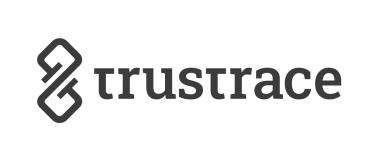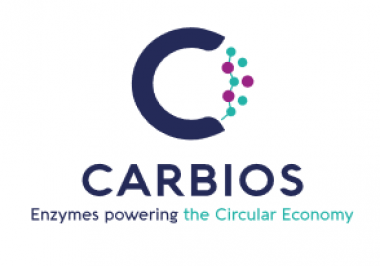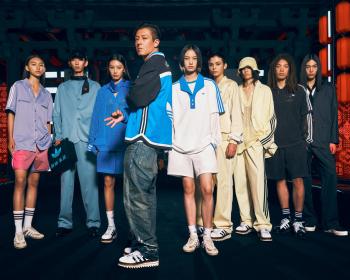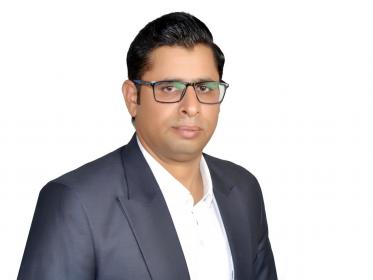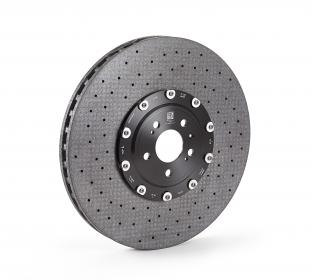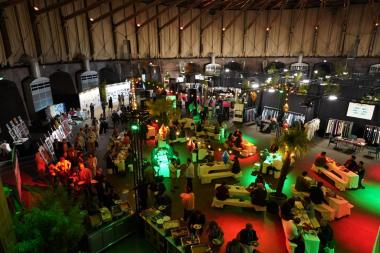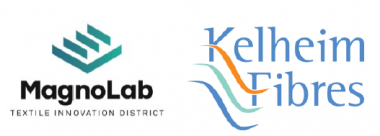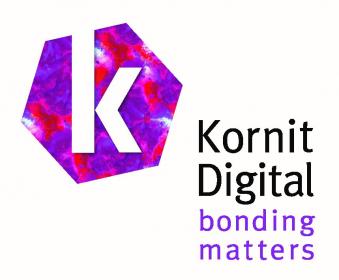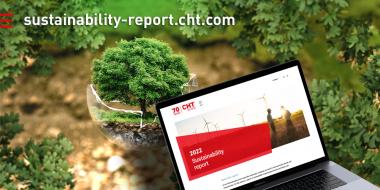PIP Global Safety selected TrusTrace platform for traceability needs
TrusTrace, a SaaS (Software as a Service) company with a platform for supply chain traceability and compliance data management, announced that PIP Global Safety, a supplier of protective workwear equipment with over 30 brands globally, has selected the TrusTrace platform to support its traceability needs, including evidence collection to prove compliance for the UFLPA (Uyghur Forced Labor Prevention Act).
PIP Global Safety will now leverage verified, real-time data on the TrusTrace platform to provide deeper visibility into the cotton used within the Company’s PPE and workwear products. The partnership will also improve the efficiency of chain of custody data collection for UFLPA compliance – a U.S. regulation that is compelling companies to assess risks in their supply chain and implement processes to ensure that suppliers are not using forced labor.
PIP Global Safety previously managed their supply chain traceability manually; now, TrusTrace will automate the process, changing how data is collected, digitized and shared. “After an extensive vetting process, we selected TrusTrace as our traceability platform because of their ability to provide us with detailed, product-level data that enables us to thoroughly and accurately map our supply chains,” said Nathan McCormick, Senior VP of Operations & Integrated Supply Chain at PIP Global Safety. “While a lot of laws and regulations around due diligence have not yet come into force, we are taking a proactive approach to ensure that we’re ahead of the curve to support our customers’ needs while proactively monitoring for risk of forced labor in our supply chain.”
In addition to supporting regulatory compliance, TrusTrace supports PIP Global Safety’s long-standing sustainability and social responsibility initiatives. PIP Global Safety has pledged to continually identify opportunities to minimize their environmental footprint while still maximizing protection against occupational hazards. This commitment extends to multiple aspects of the business, including Manufacturing Processes, Sustainability-Driven Programs, Recycled Products, Social Sustainability and Future Initiatives.
TrusTrace PIP Global Safety personal protective equipment Protective Textiles Workwear
TrusTrace


